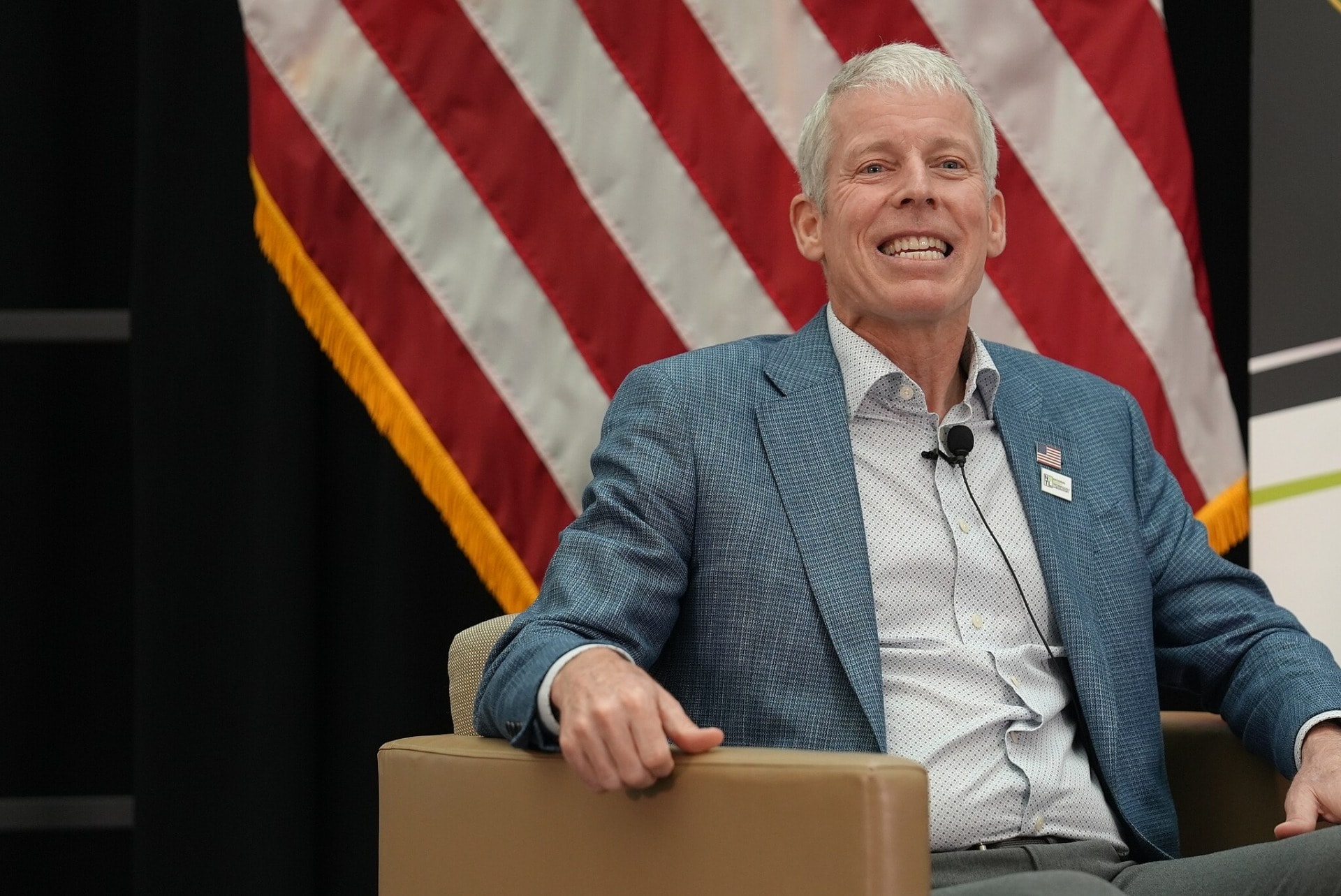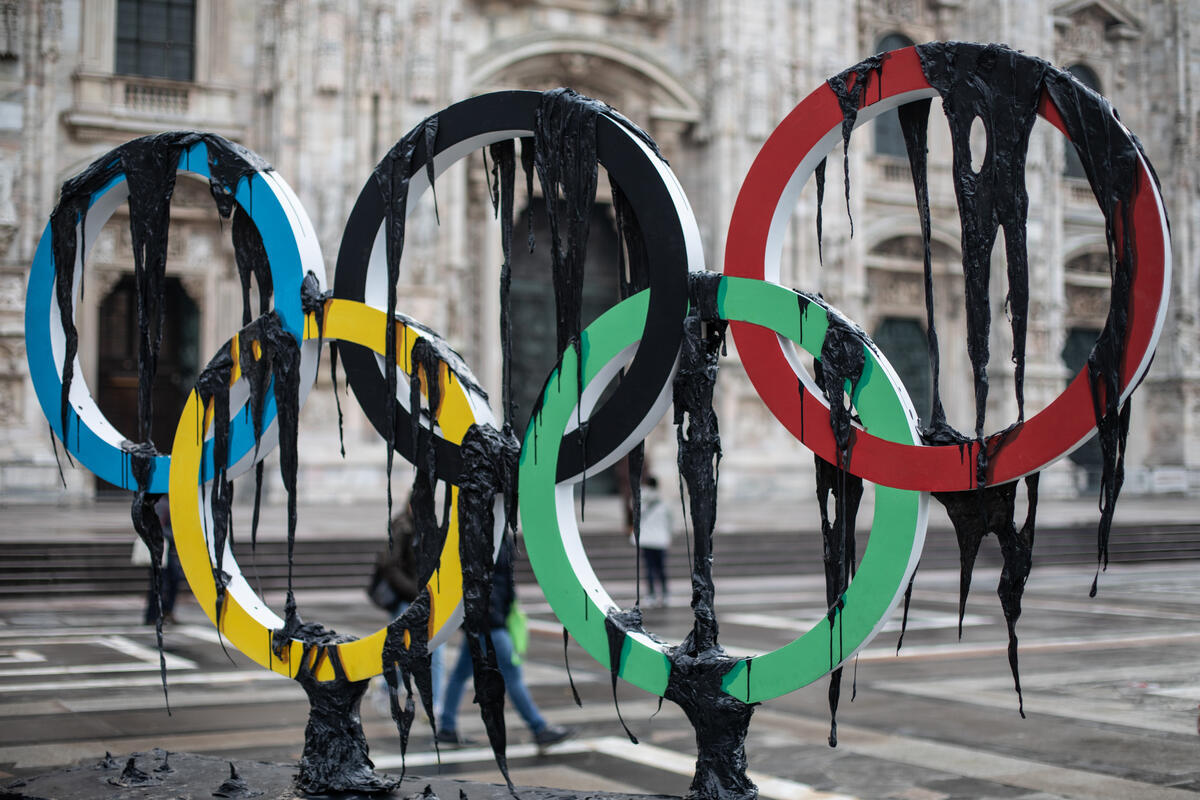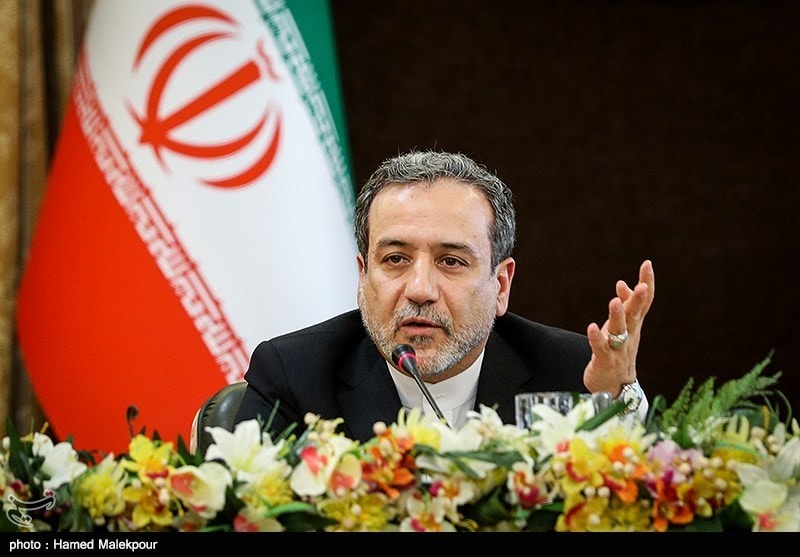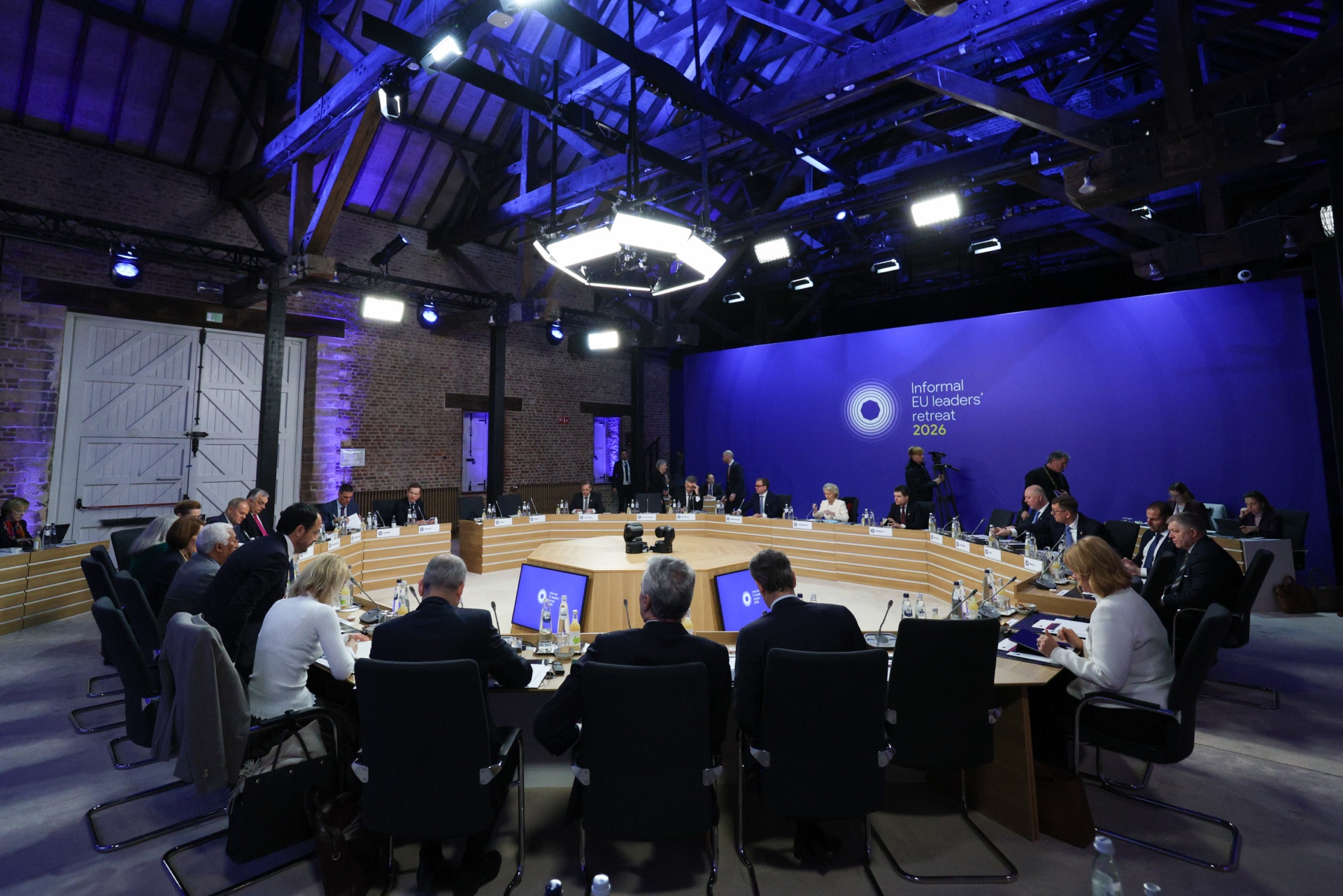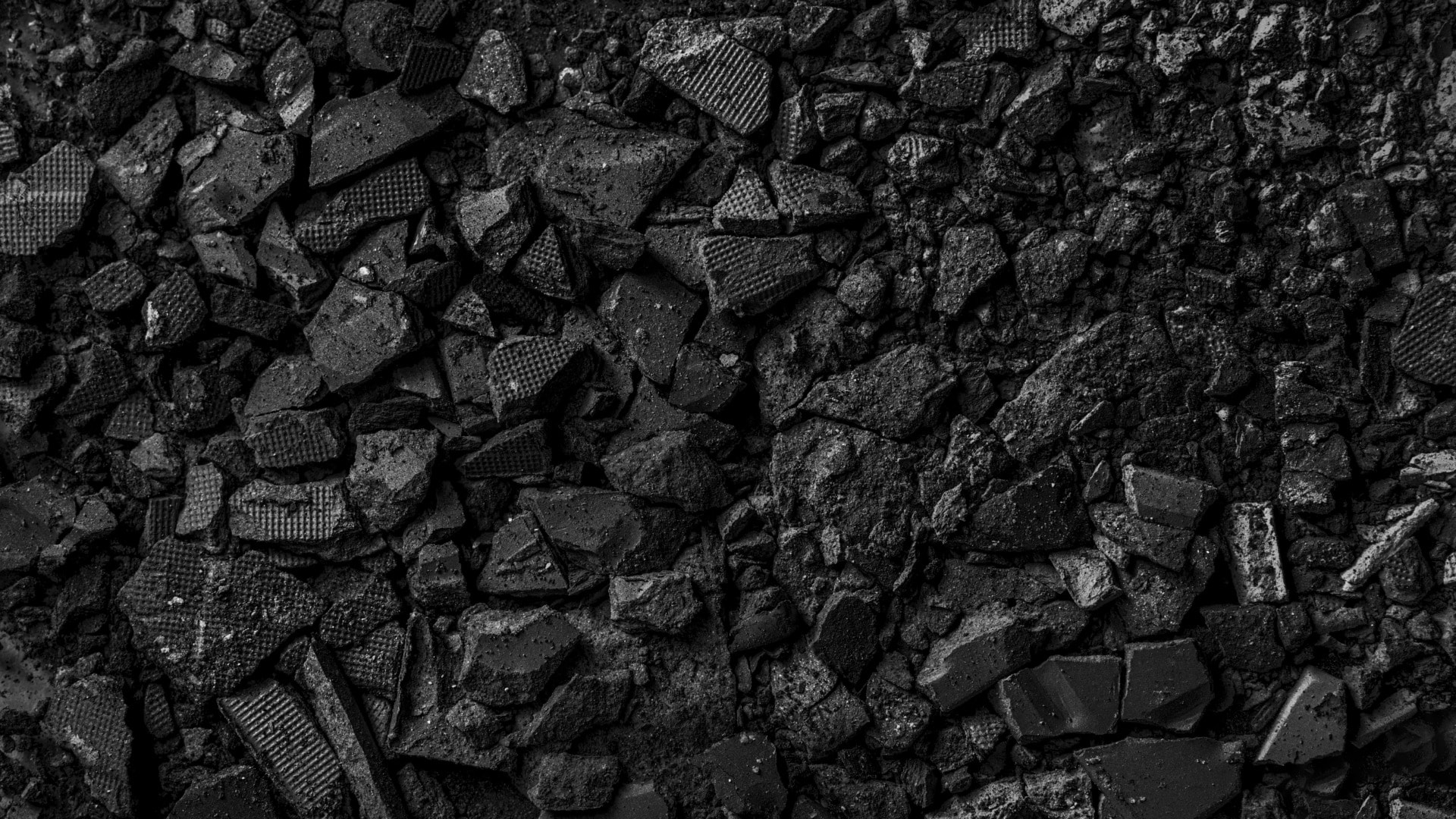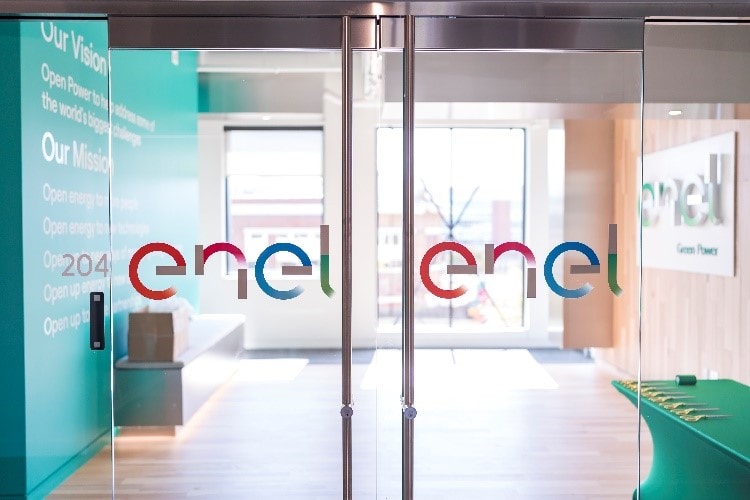Up to $890 million in funding has been made available for three projects — by the U.S. Department of Energy’s (DOE) Office of Clean Energy Demonstrations (OCED) — to showcase technologies for capturing, transporting, and storing carbon emissions that could otherwise speed up climate change and endanger public health.
The three projects, funded by President Biden’s Bipartisan Infrastructure Law, are situated in Texas, North Dakota, and California. As the US DOE writes, they have the potential to avert the release of about 7.75 million metric tons of carbon dioxide emissions annually, from these three plants.
This amount is equivalent to the annual CO2 emissions of 1.7 million gasoline-powered cars, the DOE says.
To apply, applicants were required to submit Community Benefits Plans that would help ensure meaningful labor and community engagement in carbon management technologies while addressing environmental responsibilities in conjunction with communities.
The goal of the program is to “advance integrated carbon capture, transport, and storage technologies and infrastructure that can be deployed at power plants and in hard-to-decarbonize heavy industries.”
Realizing President Biden’s audacious goal of a net-zero emissions economy by 2050, according to the DOE, will require “capturing and storing between 400 million and 1.8 billion metric tons of CO2 from emissions sources annually by 2050.”
Upon completion, the chosen projects will contribute to the reduction of emissions from the power sector, which is responsible for about 25% of the carbon emissions in the United States.
Related Articles: ‘Carbon Casting’: Using Old Wood to Remove Carbon From the Atmosphere | Promising New Carbon Capture Method: Climate Fix or False Hope? | Carbon Removal: Startup Eoin’s ‘Enhanced Rock Weathering’ Technique
By demonstrating three innovative solvents at commercial scale and integrating them with the transportation and storage of carbon in various geological settings, these projects are “also breaking ground,” the DOE writes.
Here are the three projects that were selected for the award negotiation:
- Baytown Carbon Capture and Storage Project, Baytown, Texas
- Project Tundra: Center, North Dakota
- Sutter Decarbonization Project: Yuba City, California
To provide additional details about the chosen projects, the DOE will hold a national briefing on December 18, 2023. It will also co-host virtual community briefings with the chosen project teams in January 2024.
These expand upon the local involvement that the selected parties carried out when developing their applications, wherein they integrated strategies to reduce freshwater consumption in response to input from the community.
You can learn more about these projects by clicking here.
Editor’s Note: The opinions expressed here by the authors are their own, not those of Impakter.com — Featured Photo Credit: Stuart Rankin.






